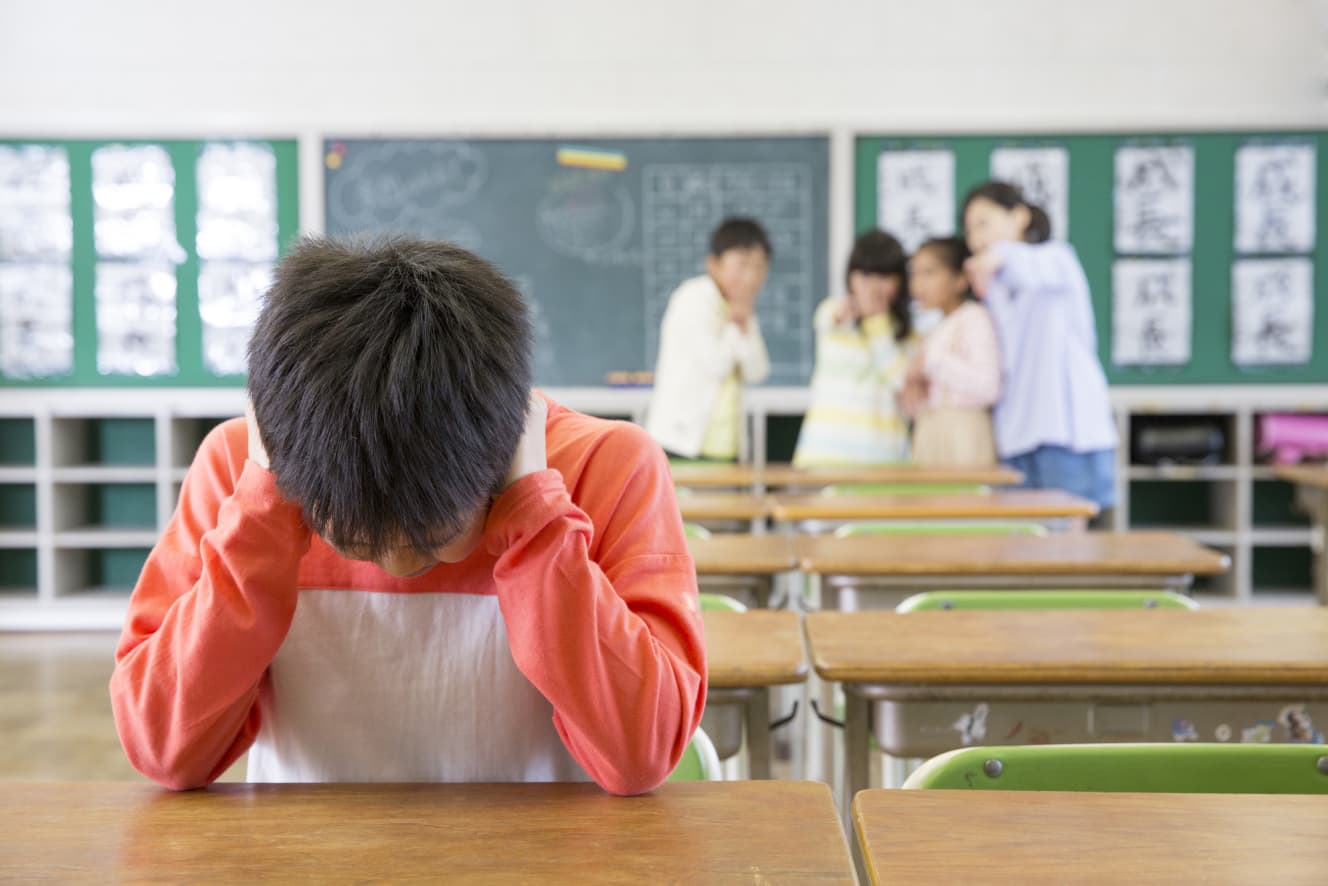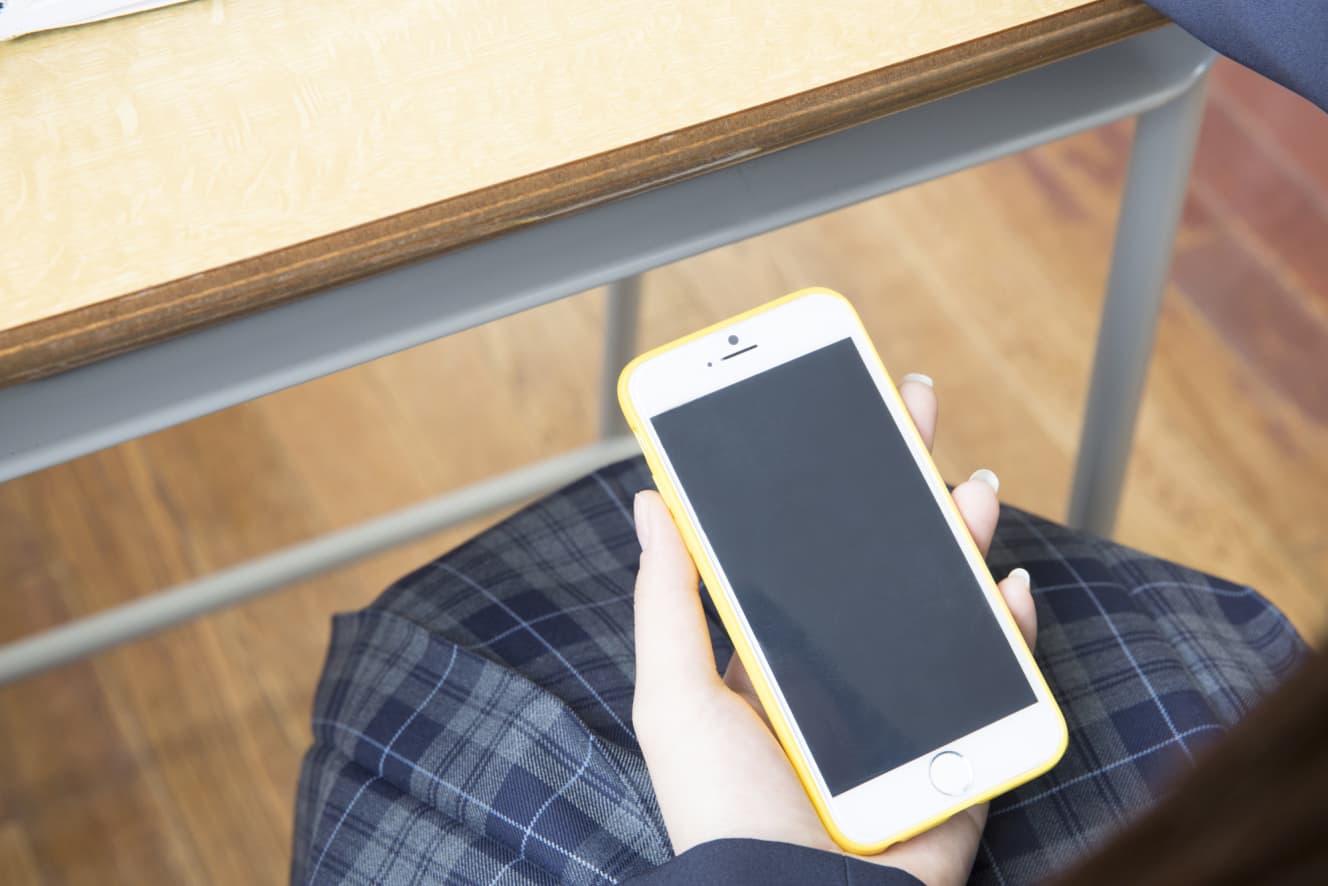Students Acting as Secret Police to Gain Praise Revealing a Disturbing Addiction to Approval
Nonfiction writer Kota Ishii takes a close look at the society and incidents that are looming! Shocking Reportage
In today’s schools, children face different issues than they did a decade ago.
With changes in their upbringing environment, children’s characteristics have also evolved, leaving schools struggling to respond. One example of this is the rise in “silent classroom breakdowns,” as observed in Part One: Shocking Report on Education – “Is Leaving the Classroom Without Permission a Trait?” The Reality of Classroom Breakdown.
In classroom incidents, the behaviors of children with developmental disabilities are often highlighted. However, teachers report that an increase in children with what could be called “Praise-Me Syndrome” is further exacerbating these issues.
From Report: How Smartphone Parenting is Destroying Children by Kota Ishii (published by Shinchosha), in which over 200 educators discuss the struggles children face, we can observe the reality of praise addiction in children.
One observation from teachers over the past few years is the increase in physical contact among children. Male middle school students now hold hands or link arms as they walk to and from school, and in the classroom, they might sit on each other’s laps or cling to teachers. This phenomenon, unrelated to LGBTQ issues, is becoming a part of everyday life.
A teacher shared the following:
“This isn’t a matter of right or wrong, but the frequency of physical contact among children has noticeably increased over the past few years. A common trait among these children is their constant need for praise.
They come up to teachers during every break, saying, ‘Look what I can do,’ or, ‘I did this,’ and they won’t be satisfied until they’re praised with comments like, ‘That’s amazing,’ or ‘Good job.’ If they aren’t praised, some of them even get upset. About 20 years ago, there were one or two children like this in a class; now it’s five or six on average, and in some larger classes, it’s nearly ten.”
“Isn’t that great?”

In general, it’s natural for people to have a desire for recognition. If they’re doing something worthy of praise, adults should acknowledge and commend them. However, this type of child seems to have an extreme desire for attention, often seeking praise without doing anything significant.
The teacher continues:
“Children who approach teachers just to be praised aren’t doing anything special. For instance, they might try to be praised by undermining a classmate. They’ll say things like, ‘Teacher, so-and-so is doing this. I noticed it. Aren’t I great?’ By reporting on others, they seek validation. They prioritize being praised and don’t consider the consequences for the classmate they reported on.”
Such children, once praised, will seek endless praise.
Imagine a student noticing a classmate cheating during a test and telling the teacher. After being praised, this student might start acting like a secret police, trying to expose more classmates’ cheating, even suspecting innocent ones.
One might think they’d realize such behavior would make them unpopular with their classmates. However, they prioritize being praised over maintaining relationships within the class.
Why do they go to such lengths just to be praised?

From analyzing the teachers’ opinions gathered for this book, there appear to be two main reasons.
The first is that children who don’t receive enough affection at home experience emotional hunger and seek praise from people outside the family. In this case, the child’s neediness can act as an SOS to teachers, which can sometimes help uncover issues at home, so it’s not necessarily a bad thing.
The second reason, however, is more concerning. These are children who have been excessively praised by adults from a young age, leading to what can be called praise addiction.
A principal at an elementary school in Tokyo explains:
“Recent parenting books emphasize praising children to boost their self-esteem. Parents, unsure how to interact with their children, often take this advice at face value. While it’s good when parents praise moderately, some go beyond that, excessively flattering their children. Parents create situations to ensure success and then shower praise no matter what. If the child eats their meal, they say, ‘Amazing!’ or if they tie their hair, they say, ‘So cute, like a princess!’
Children raised in such an environment come to school expecting the same from teachers. They’ll say things like, ‘Teacher, I ate my lunch. Isn’t that great?’ or ‘Teacher, I tied my hair, don’t I look like a princess?’ They can’t be satisfied without being praised for even the most ordinary things.”
When a person is praised, dopamine and serotonin surge through the brain, creating pleasure. In moderation, this is a positive stimulus. But if repeated excessively at home, the child becomes pleasure-addicted, needing constant praise even outside the home to feel fulfilled.
Bragging 10 or 20 times a day
The following episode illustrates the situation in such classrooms as described in this book.
In a fifth-grade class, there was a child who would boast about trivial things ten or twenty times a day. During lessons, the child would repeatedly say things like, “I’m holding my pencil correctly, right?” or “This is a new notebook.” During lunch, the child would say, “I can use chopsticks well,” or “I can even drink milk,” all to receive praise.
The young homeroom teacher praised the child each time as requested, but as a result, the child grew bolder and began boasting even more, disrupting the class environment. The teacher then discussed the matter with the principal, deciding to be more selective with praise moving forward.
When the teacher adjusted their approach in the third term, the children who had previously sought praise began to show unexpected behaviors. Some had hyperventilation episodes during lessons or lunch, others started badmouthing the teacher out of resentment, and some began disrupting the class. It was backlash against not receiving the praise they’d come to expect, which only made classroom management even harder.
Children can become addicted to praise due to various factors. As the earlier teacher noted, if the issue partly stems from the parent-child relationship at home, one wonders why parents indulge them to such an extent.
A teacher from another school explains:
“For today’s parents, praising has become a way to make children do things. They’ll say things like, ‘You’re a genius,’ to make them do homework, or ‘You’re a cleaning pro,’ to get them to tidy up. Praising has become a reward to motivate children to act.
But these children don’t understand the purpose behind their actions; they’re only doing it to receive praise. So, if they aren’t praised, they don’t want to do it, and they become resentful.”
It’s not that praise itself is bad; it’s a matter of balance. The pendulum has swung too far.
The behaviors of praise-addicted children and the ensuing problems they cause at school are covered in this book, so I won’t go into detail here. But whether for parents or teachers, it’s crucial not to blindly follow manuals on how to raise a child. Instead, one should consider what’s best for the child at each moment and adapt accordingly. Especially with today’s abundance of parenting information, such awareness is essential.
Reporting and writing: Kota Ishii
Born in Tokyo in 1977. Nonfiction writer. He has reported and written about culture, history, and medicine in Japan and abroad. His books include "Absolute Poverty," "The Body," "The House of 'Demons'," "43 Killing Intent," "Let's Talk about Real Poverty," "Social Map of Disparity and Division," and "Reporto: Who Kills Japanese Language Ability?
